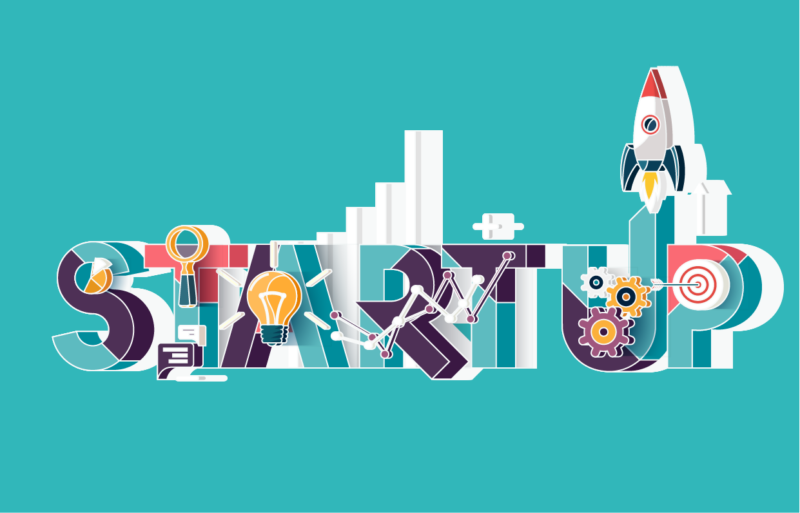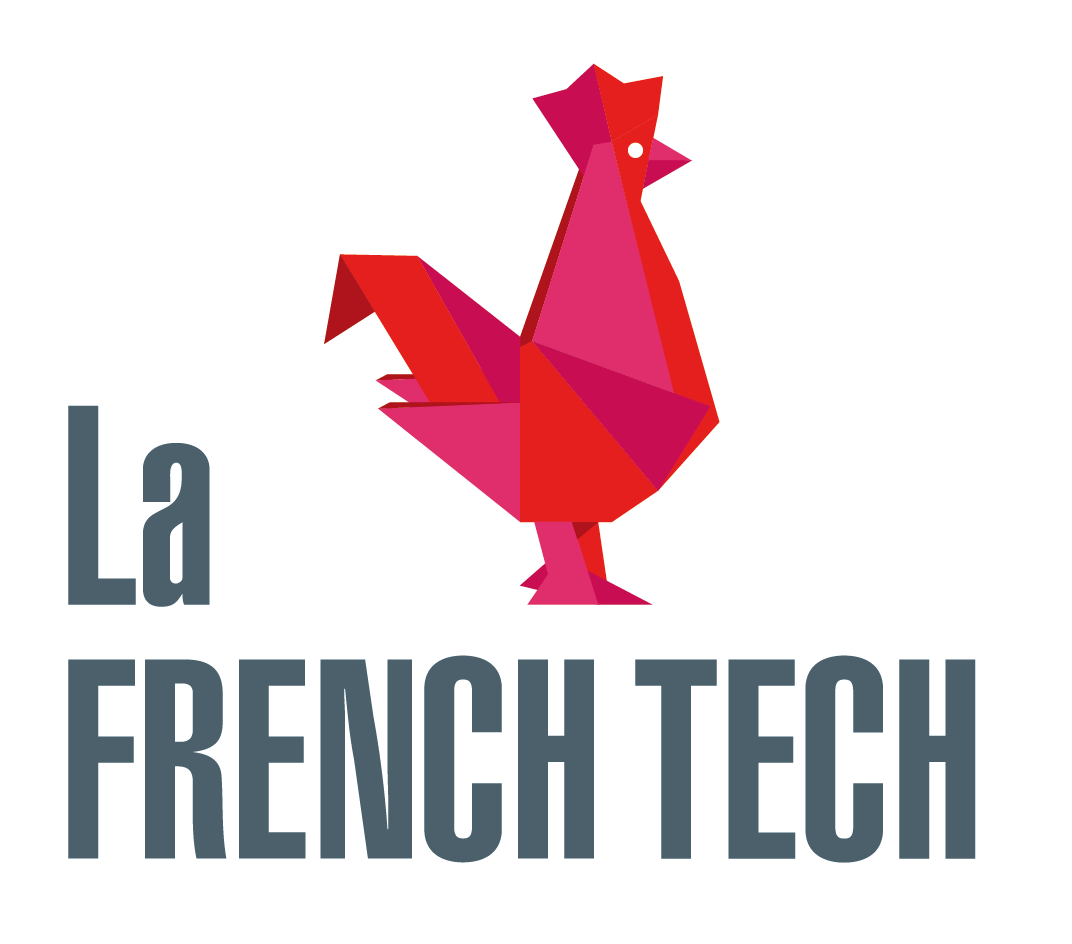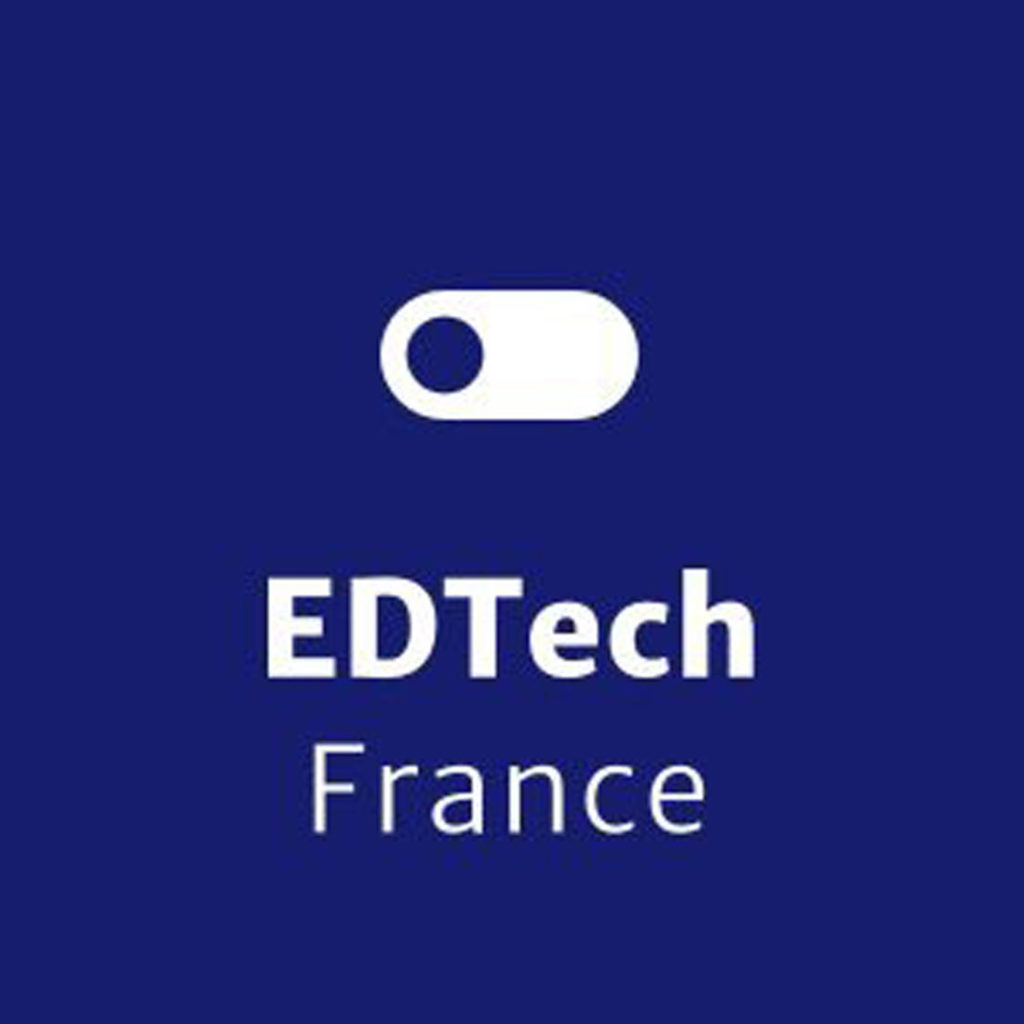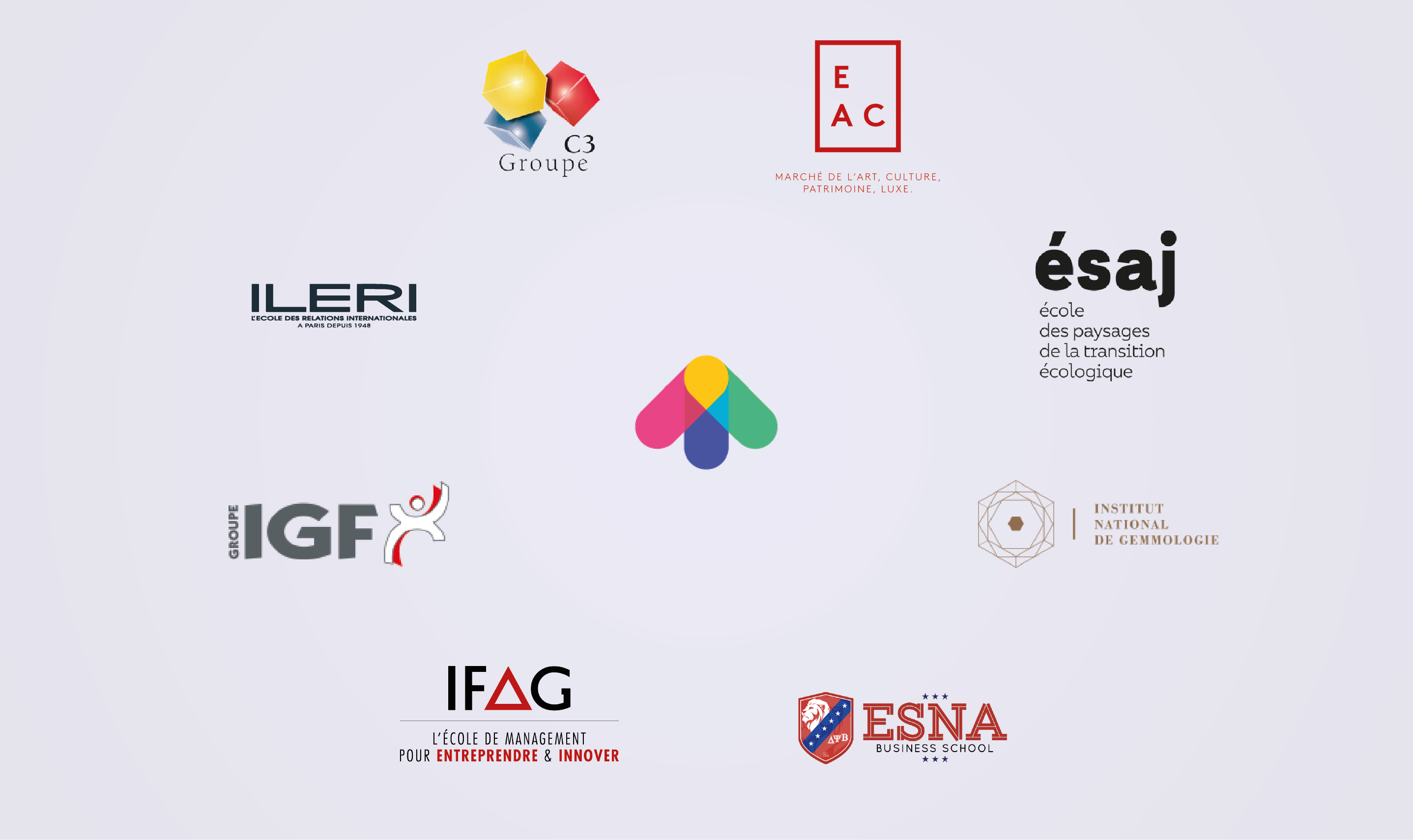
At a time when technology is omnipresent in our society, start-ups are being created with the aim of mixing a specific field of action with technology. In order to better categorize these start-ups, French Tech has classified them into different groups.

What French Tech stands for?
The French Tech represents the French start-ups ecosystem and all of those who are part of it. It aims in particular to give a strong common visual identity to French start-ups, as well as to encourage ideas exchange between them. This label was created at the end of 2013 as an initiative from the national government with the aim of supporting the rise of start-ups in France
Beecome and the Edtech
Beecome is a collaborative platform which centralizes all the tools used by schools and their students. By having this field of action, Beecome takes its place in the EdTech category. But then what does the term really mean and who can claim to be a part of it?
The term EdTech refers to “the unified set of organizations (mainly start-ups) that are endowed with technological know-how and/or innovative technological tools dedicated to knowledge, its learning, and its transmission. “(Maurice Largeron’s definition).
Following this definition, the EdTech France initiative was born, bringing together French entrepreneurs who decided to make technology useful for education and training. Numerous start-ups are part of this group with both major brands such as OpenClassrooms, Kartable, Coorpacademy and 360 Learning but also emerging brands such as Skillogs, BCDiploma, Startup For Kids or Beecome. The General Manager of EdTech France, Remy Challe and the members who are part of it have the objective of making France the most competitive the EdTech Nation in the world.

Other start-ups categories
• FinTech: contraction of “finance” and “technology”, these are innovative start-ups using technology to rethink financial and banking services.
Examples: Lydia, SlimPay, Leetchi, Kantox, Ledger, Bankin, Nickel…
• AgriTech: contraction of “agriculture” and “technology”, the development of AgriTech represents a major challenge for our future.
Examples: Ynsect, MyEasyFarm, Agrikaïdo, Scanopy, Groww, Happyculteur…
• FoodTech: contraction of« food » et de « technology », is all the startups in the field that innovate in terms of products, distribution, market or business model.
Examples: Tipikk, Malou, Yuka, Panjee, Chiche, Cuvée privée, Foodchéri…
• CleanTech: Short for “clean technology”. These are industrial techniques and services that use natural resources, energy, water and raw materials with the goal of significantly improve efficiency and productivity.
Examples: Bulane, Tallano Technologie, SP3H, Enertime, GEPS Techno…
• HealthTech: A contraction of “Health” and “technology”, HealthTech offers online services and connected objects around subjects such as physical exercise, training programmes and performance monitoring.
Exemples: DreaminzZz, Lexilight, Omonovo, Salutem…
• Legaltech: refers to the use of technology and software to provide legal services, the term refers to technologies that enable the automation of a legal service, whether in terms of support, process or relationship with legal professionals.
Examples: Rocket Lawyer, Doctrine.fr, MyNotary, Actoowin, Bettr, Lawcost…
However, there is a multitude of groups centralising different companies in the same sector. In addition to those mentioned above, there are also: GreenTech, RetailTech, AdTech, FashionTech, ArtTech, MedTech, BioTech.




